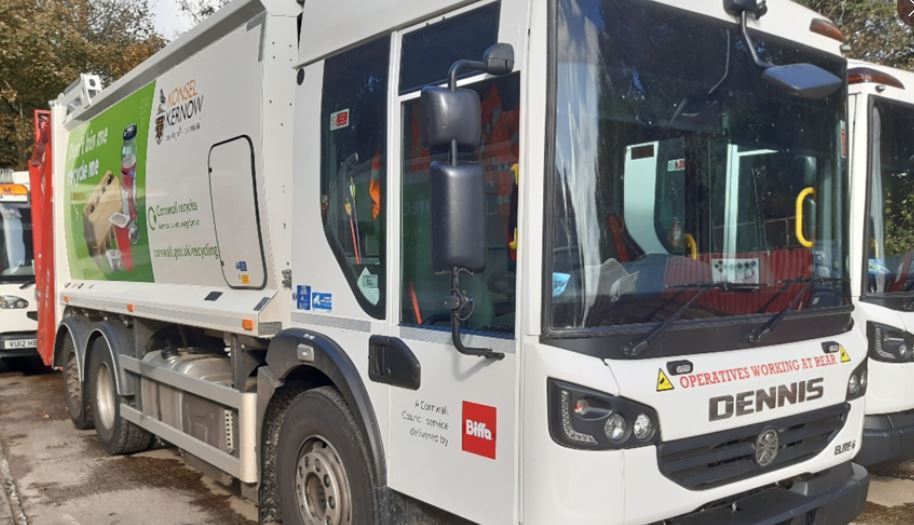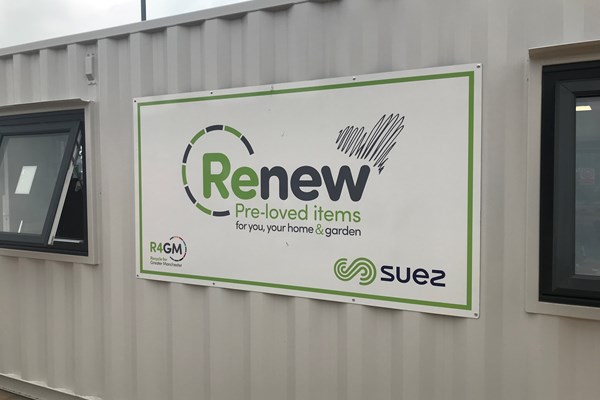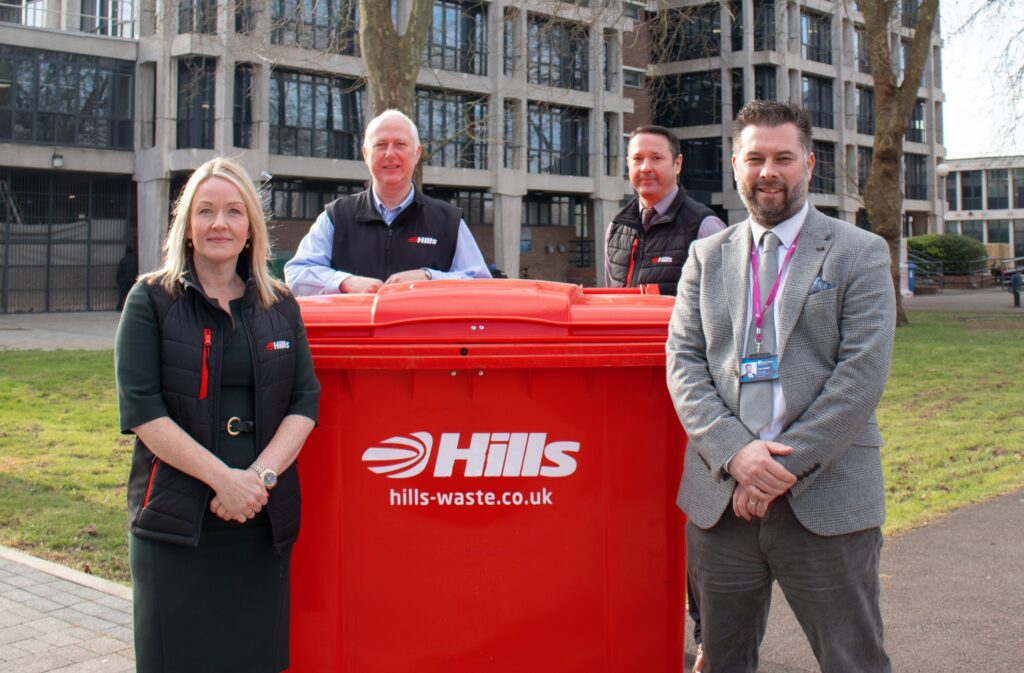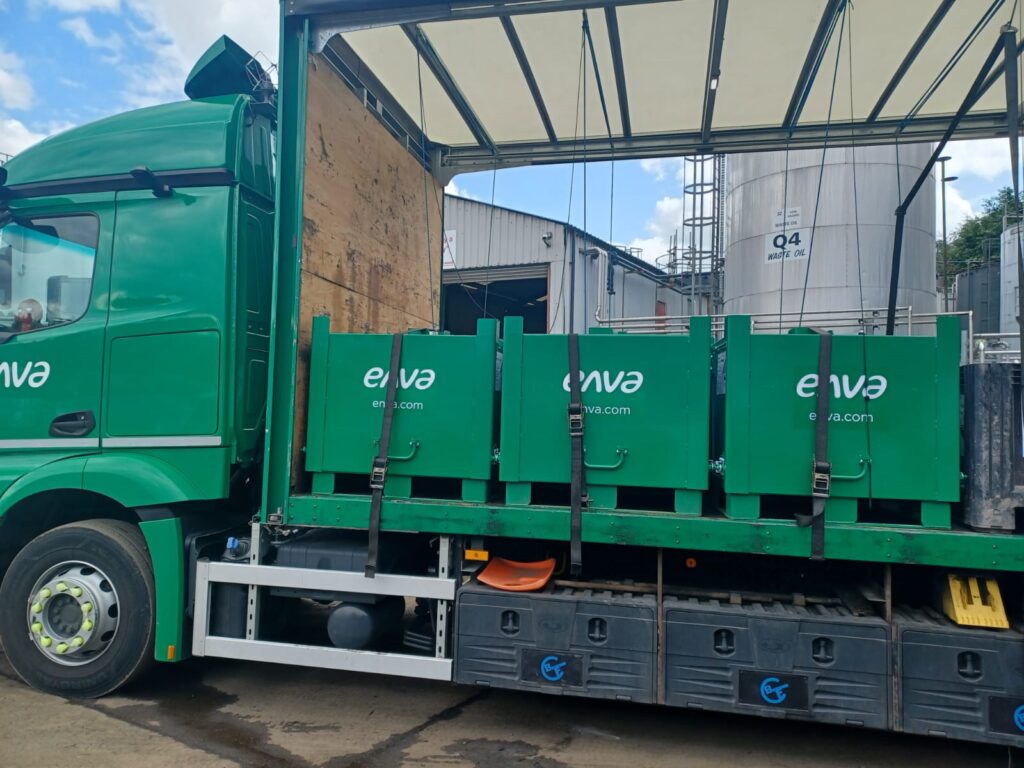The Competition and Markets Authority’s investigation into the proposed merger of Veolia UK with Suez UK comes at a time when the pace of change in the waste management sector is speeding up.
On one front there are rising electricity prices which are providing a boom in income for operators of energy from waste and biomass plants. Consequently, more than ever before there is a recognition that having secure access to waste – from residual black sack material through to waste wood – is important.
On a second front, the plastics packaging tax and extended producer responsibility regimes are encouraging recycling. When ‘consistency’ legislation comes into play recycling should be given a further boost, although in terms of margins, volatility remains of concern for some businesses.
At the heart of the CMA’s provisional rulings that Veolia UK and Suez UK can’t merge is a sweeping review of the structure of the waste sector, coupled with some local authority concerns about competition.

Biffa’s announcement today (7 June) that it could be going back into the hands of investors actually comes in the same week that Veolia has to submit its response to the Competition and Markets Authority over the latter’s provisional ruling.
The interest in Biffa from American investment funds typifies the huge interest in the waste sector at present. Renewi have recently spoken of opportunities to grow in the UK, Urbaser has made an organics acquisition and its investment funder owners look set to support more deals.
Judgement
All these developments should have an impact on the CMA’s decision and have to beg the question as to whether the CMA got its preliminary judgement right?
The answer has to be that it can be reasonably argued that the CMA is looking at the old world of waste and local authority services and underestimating the changing market picture.
Local authority contracts are no longer routinely issued on a complex county wide single contract basis. In the south, Surrey is a good example of a new pattern – going forward a single large contract approach to its waste services has been ruled out.
In the north, while Suez currently holds Greater Manchester, there are suggestions that the authority there may well opt for a different approach in the late 2020s which could see a shake-up in approach to its service provision.
Local authority contracts will also be transformed by the introduction of extended producer responsibility with the potential for more kerbside sorting rather than use of MRFs. And there will be more regulation to avoid any excess profit taking with a new public body ‘regulating’ the sums paid for the collection of recyclables.
On the commercial waste management front, there remains a strong set of regional players who continue to grow as well as national competition for contracts.
Energy from Waste
There are legitimate CMA concerns about how many EfW plants a merged Veolia and Suez would run, but there are new players and divestments could reduce these.
Energy from waste is seeing strong players and investment changes on a continuing basis. In the South East, Viridor has its eyes on new projects as do Cory and Indaver and SSE in Slough. Veolia’s suite of plants are also subject to an element of risk in terms of ownership – for example while its Hampshire contract has been extended, the deal is not for ever and that could see it lose access to three EfWs. In the North East local authority authorities are coming together to build their own facility and there are several plants all along the M62.

The CMA provisionally found that the parties (Veolia and Suez) derive “some competitive strength from operating across the waste management supply chain”. This has to include energy from waste and on this it seemed a bit blurred in its view over the role of Biffa. To an extent, the strong position of Biffa in the marketplace is under-recognised by the CMA, although it was not to have known that a bid of about £1.4 billion was to be made for Biffa by an American energy investment specialist.
The CMA noted that “Biffa told us that it sees itself as credible when bidding for PFI contracts alongside Veolia and Suez. However, Biffa also noted its lack of capability in EfW incineration, so it would need to partner with a firm … if it bid for a contract with this service.”
In reality, it would be unlikely to be a problem for Biffa in finding EfW outlets in the UK or on the continent, and the company is developing its own plants. Its potential new owners will also know the sector well and have good connections: they previously owned Wheelabrator, now Enfinium who have a range of UK EfW plants and with Biffa an acquisitive business, it could also seek to expand further should the proposed deal for it go through. So far Biffa has avoided any CMA reviews, with some surprised that its purchase of the Viridor collection business sailed through.
There appear to have been few direct responses to the original CMA consultation, with only four parties commenting on an issues document the CMA raised, with some close similarities in views within these responses. Some 10 local authorities raised concern about complex contracts yet there should be sufficient future bidders, such as Biffa and FCC and especially where EfW operators partner with other service deliverers – such partnerships are likely as operators look to secure tonnage through getting a share of ‘complex’ contracts.
Recycling
In current months the focus has been on energy from waste throughout the waste management sector as it strives for a zero waste approach, which basically means no landfilling.
Recycling has sometimes come in second place – witness Viridor focusing on energy from waste, selling its collection business and even though it still holds an interest in plastics recycling, some in the sector say that its long-term commitment to plastics is under review.
One area which Veolia does take seriously is recycling, handling significant volumes of material and emphasising its approach to a circular economy. While the CMA is probably not expected to take a moral view, within its assessment document there has been an underplaying of recycling and the need to get the UK’s static recycling rate moving. With Suez UK also having strong ethical views and expertise in recycling – and reuse – a coming together of the pair could actually be a positive move in driving efficiencies and sales leverage into ever competitive markets and reduce the risk inherent in dealing in a commodity market.
Ruling

Nevertheless, following a reading of responses and carrying out its own sweep of industry views and making a number of calculations, the CMA has all but ruled that Veolia UK or Suez UK will have to be sold off. Both are now owned by Veolia in Paris although the use of the Suez name is only allowed for a limited time, and the CMA is even asking whether it might be a problem for Suez UK to be sold if the brand name can’t be continued.
Alternative approach
While it would seem unlikely that the CMA will move from its indicated decision that either Suez UK or Veolia UK will have to be sold off, an alternative approach could work. What would seem to make sense to a number of those in the sector is that instead of a complete sell off, a CMA-decreed divestment of a number of sites or contracts held by the pair is a valid alternative to a complete sale of one business or the other.
The question has to be whether the CMA may have made more of an emotional analysis in reaching its provisional ruling rather than adopting a more quantative approach in a fast changing market.









Subscribe for free